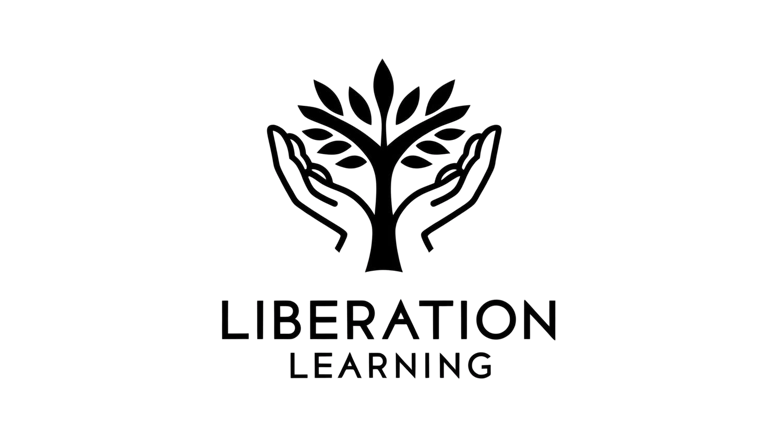Worried About SATS? How to Build Skills That Last Beyond the Test
6/23/20253 min read


As parents of primary school children, the mention of SATS can often conjure a mix of emotions: anxiety, pressure, and perhaps a touch of dread. While these national assessments are a part of the UK primary school landscape for Year 2 and Year 6 pupils, it's easy to get caught up in the stress of the tests themselves. But what if we told you that preparing your child for a lifetime of learning and success goes far beyond drilling for a single test?
At Liberation Learning, we believe in empowering children with skills that not only help them navigate SATS but, more importantly, equip them to thrive in secondary school and beyond. It’s about cultivating a deep love for learning, critical thinking, and a resilient mindset.
The SATS Reality: A Snapshot, Not the Full Picture
Let's be clear: SATS are designed to assess a child's attainment in English (reading, grammar, punctuation, and spelling) and Maths against national standards at a specific point in time. They provide schools and the government with data. However, they don't measure creativity, problem-solving abilities, emotional intelligence, teamwork, or a child's natural curiosity – all vital ingredients for a well-rounded and successful individual.
Fixating solely on SATS scores can inadvertently create undue pressure, reduce learning to rote memorisation, and even diminish a child's natural love for discovery.
Beyond the Score: Skills That Truly Last
So, how do we help our children succeed in SATS without sacrificing their joy of learning or their long-term development? The answer lies in focusing on the foundational skills that underpin both academic achievement and life success.
Here's how Liberation Learning encourages a more holistic and effective approach:
Cultivating True Understanding, Not Just Memorisation:
The SATS Angle: Children need to recall facts and apply methods.
The Lasting Skill: Encourage your child to ask "why?" and "how?" when learning. Instead of just memorising multiplication tables, explore the patterns within them. For reading, discuss the story, characters' motivations, and what they think might happen next, rather than just decoding words. When a child truly understands a concept, they can apply it in various contexts, which serves them far better than just remembering it for a test.
Fostering Problem-Solving and Critical Thinking:
The SATS Angle: Maths problems and reading comprehension require specific problem-solving strategies.
The Lasting Skill: Give your child opportunities to solve real-world problems. This could be anything from figuring out how to build a LEGO structure with limited pieces, planning a simple meal, or working out the best route for a family walk. Encourage them to try different approaches and not be afraid of making mistakes. This builds resilience and the ability to think independently, which are invaluable for any academic challenge.
Building Resilience and a Growth Mindset:
The SATS Angle: Tests can be stressful, and children need to manage their emotions and focus.
The Lasting Skill: Teach your child that mistakes are learning opportunities. If they get a question wrong, help them explore why it was wrong, rather than just moving on. Celebrate effort and progress, not just perfect scores. This teaches them that their abilities can grow with effort and that setbacks are part of the learning journey – a crucial mindset for secondary school and beyond.
Nurturing Curiosity and Intrinsic Motivation:
The SATS Angle: A child who is genuinely engaged in their learning will naturally perform better.
The Lasting Skill: Follow your child's interests! If they're fascinated by dinosaurs, explore the science, history, and even maths (measuring heights, calculating speeds) related to them. If they love creating, provide materials and let them experiment. When learning comes from internal drive, it's more effective, enjoyable, and sustainable. This intrinsic motivation is the bedrock of lifelong learning.
Developing Effective Communication:
The SATS Angle: Writing tasks require clear and coherent expression.
The Lasting Skill: Encourage your child to express their ideas, explain their reasoning, and articulate their thoughts verbally and in writing. Have conversations, tell stories together, and provide opportunities for them to present their ideas, even if it's just to the family. Strong communication skills are fundamental to all areas of life and learning.
A Holistic Approach to Preparation
At Liberation Learning, we empower children to take ownership of their education, fostering an environment where curiosity thrives and learning is a joyous discovery. While we respect the school curriculum and its assessments, our focus is on building a robust foundation of skills that will serve your child far beyond any single test.
When children feel empowered, understood, and genuinely engaged, their potential is limitless. SATS become just another step on a much larger, more exciting journey of intellectual growth and personal liberation.
Worried about SATS or simply want to foster a deeper love for learning in your child? Explore how Liberation Learning's unique approach can unlock your child's full potential. Visit our website or contact us today to learn more about our programmes and resources for parents.
Support
admin@liberationlearning.co.uk
© 2026. All rights reserved.
Policies
71-75 Shelton Street
Covent Garden
WC2H 9JQ
